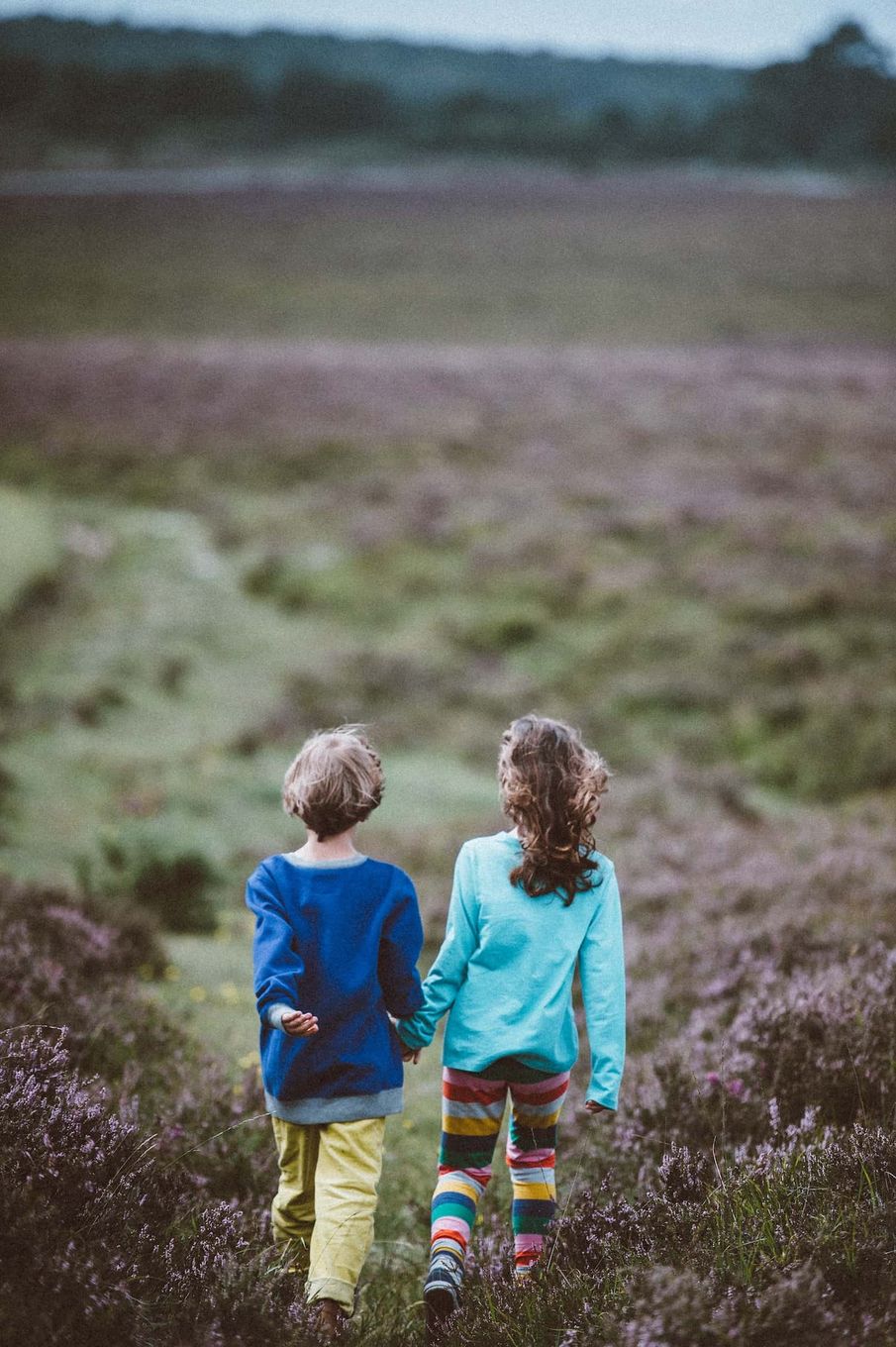The charity has delivered double the number of counselling sessions compared to two years ago
The NSPCC-supported service Childline said pressures of modern-day life are leaving more and more children and teenagers feeling overwhelmed and needing help for anxiety. At least 88% of the support provided by the charity was given to girls.
“I have anxiety and get really bad panic attacks. I've never known how I could tell anybody about what I'm feeling so nobody else knows,” said one girl aged between 12-15 years old who contacted Childline.
“I've tried to explain it a little bit to my mum, but she thought I was just stressed out about exams and I felt like she didn't understand. Lately everything seems to make me nervous and worried and it's all getting really hard to cope with. I want help from somewhere but I don't know how to get it.”
With long wait times for Child and Adolescent Mental Health Services (CAMHS), charities like Childline are increasingly shouldering the need for children’s mental health support. Less than a third of young people referred to CAMHS receive treatment within 12 months, according to the Children’s Commissioner of England, and almost one in four are rejected for referrals.
“With CAMHS services stretched beyond capacity, thresholds are increasing,” author, speaker and mental health campaigner Natasha Devon MBE told Happiful.
“We’re now at a stage where self harm, or even a suicide attempt, aren’t enough to guarantee you an urgent appointment. Slashed school budgets mean there often isn’t a counsellor on site and teachers are generally incredibly time poor. This has led many young people experiencing anxiety flying below the radar indefinitely, with nowhere to turn for help,” the author of A Beginner’s Guide to Being Mental: An A-Z went on to tell Happiful.
The charity released its 2017-18 annual review today, called “The Courage to Talk” which revealed that Childline provided over 278,000 counselling sessions to children and young people in 2017-18, with their website receiving over 3.1 million web visits.
“My work has taken me into an average of three schools every week, throughout the UK and beyond, for the past decade,” Natasha said. “During that time, I’ve seen anxiety skyrocket. Panic attacks are now a common, everyday occurrence, and teachers are often struggling to deal with them.
"Young people point to academic anxiety, exam stress, too much to do in a day, friendship difficulties, problems at home, worries about the future, and, to a lesser extent, social media as sources of stress. It’s important to remember these young people aren’t objectively less robust than their forebears - the environment they exist in is in many ways more competitive, fraught and harsh.”
“Whilst the statistics show girls suffer disproportionately, I’d advise caution in taking this as gospel. My research shows adolescent boys, in particular, are reluctant to discuss mental health problems and are less likely to be heard when they do.”
Other data from the Childline review revealed:
- There were over 106,000 counselling sessions about mental and emotional health and wellbeing issues (including self-harm and suicidal thoughts or feelings).
- There were almost 21,300 counselling sessions about anxiety.
- There were over 24,500 counselling sessions about suicidal thoughts and feelings - the highest ever.
- The top three concerns young people were counselled about were mental and emotional health; family relationships; and suicidal thoughts and feelings.
- There were over 22,100 counselling sessions where a child or young person’s main concern was abuse (this includes sexual, physical, or emotional abuse and neglect).
“We must ask why for some young people is the world becoming such a difficult place?” Childline Founder and President, Esther Rantzen, said. “Unless we find effective answers to this question, we know the anxieties they suffer from can get worse, leading to suicidal thoughts or chronic mental health problems as they get older.”
Childline service provides a safe, confidential place for children with no one else to turn to, whatever their worry, whenever they need help. Children can contact Childline 24 hours a day, 365 days a year on 0800 1111 or by visiting www.childline.org.uk.
The free NSPCC helpline provides adults with a place they can get advice and support, share their concerns about a child or get general information about child protection. Adults can contact the helpline 365 days a year on 0808 800 5000, by texting 88858 or visiting www.nspcc.org.uk.
If you are struggling with your mental health and need to talk, or if you are worried about your child, professional support may help. Use the bar below to enter your location and find a counsellor in your area:


Comments